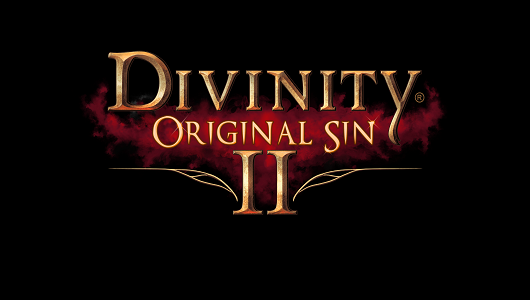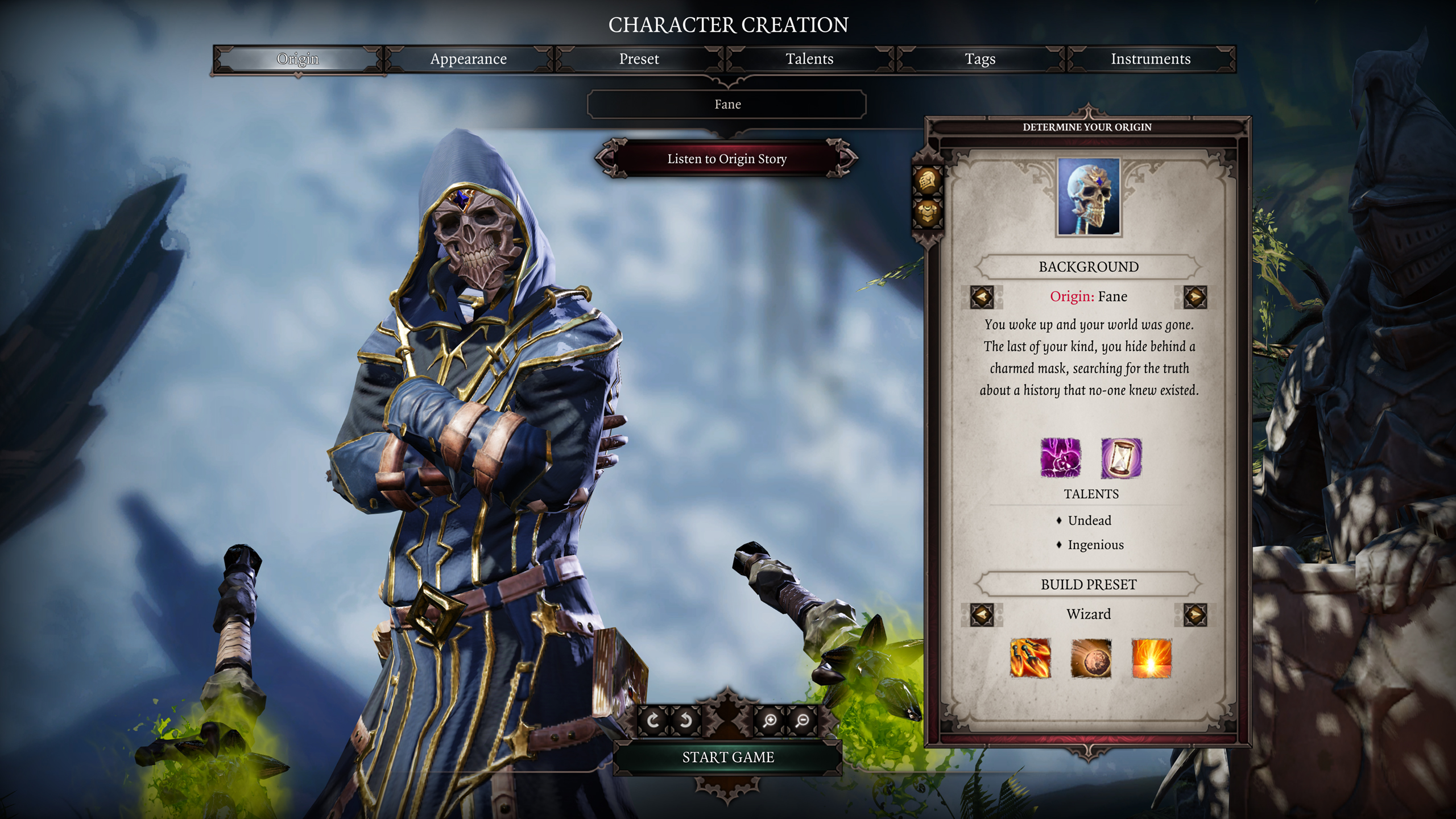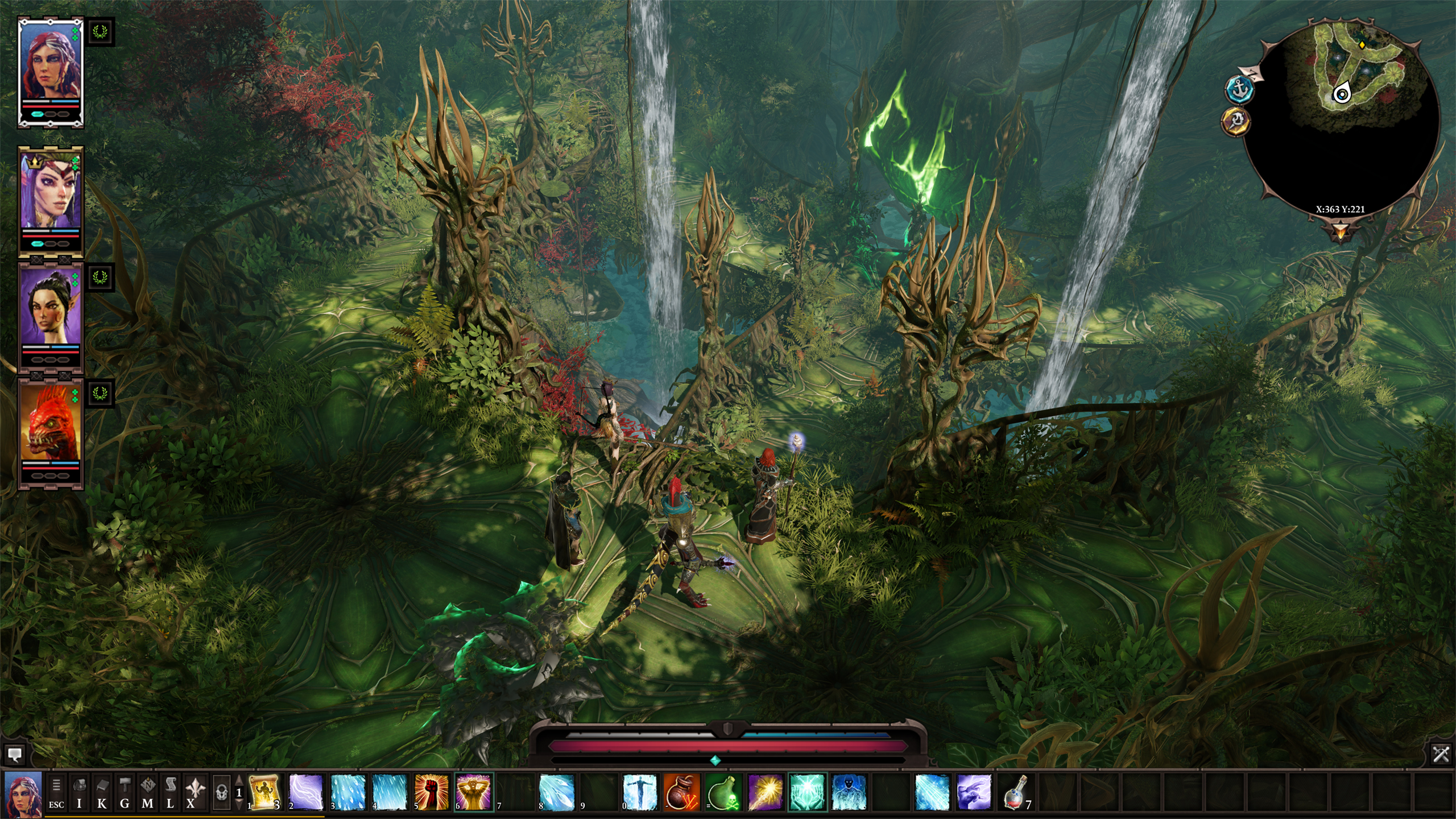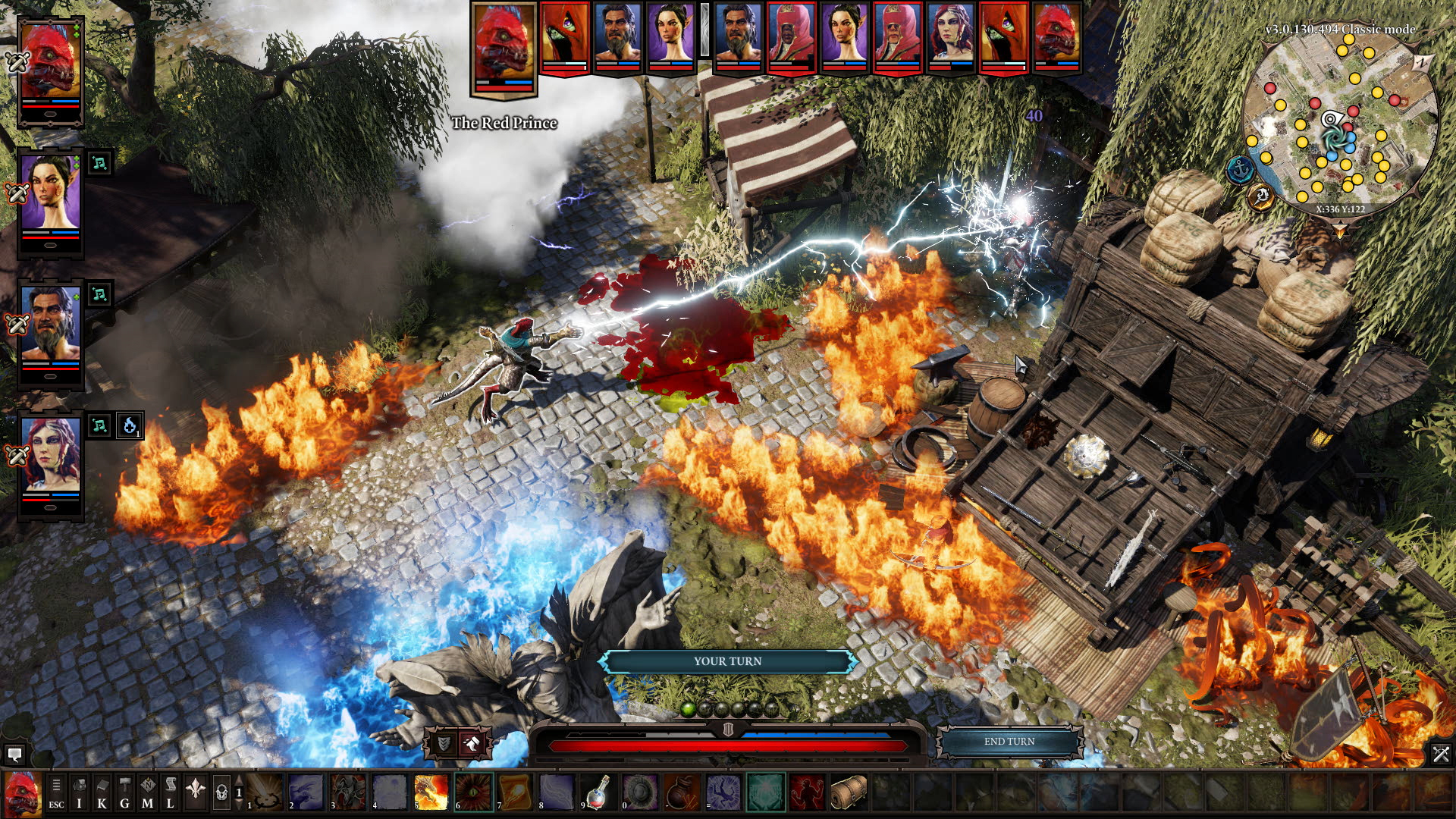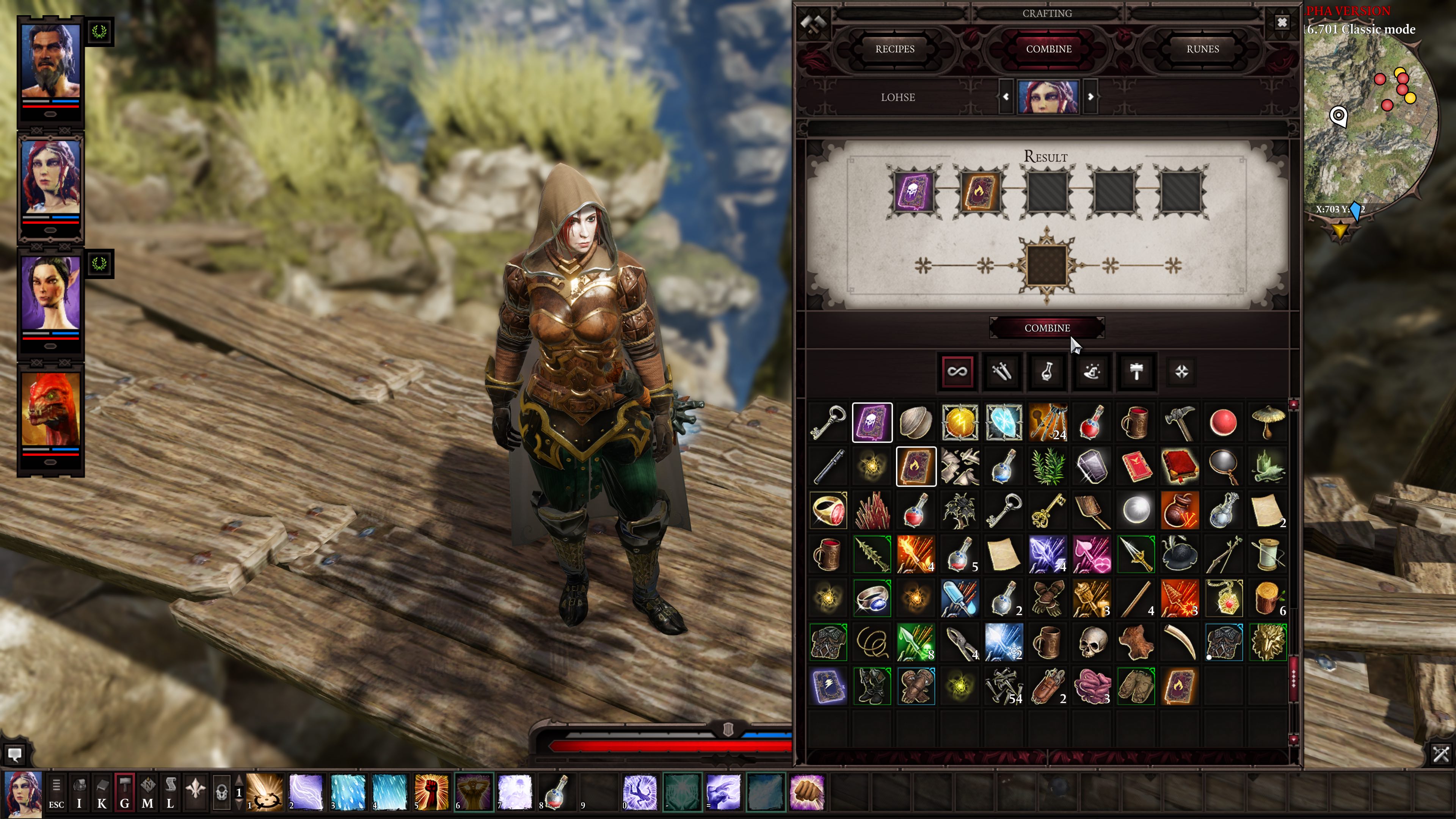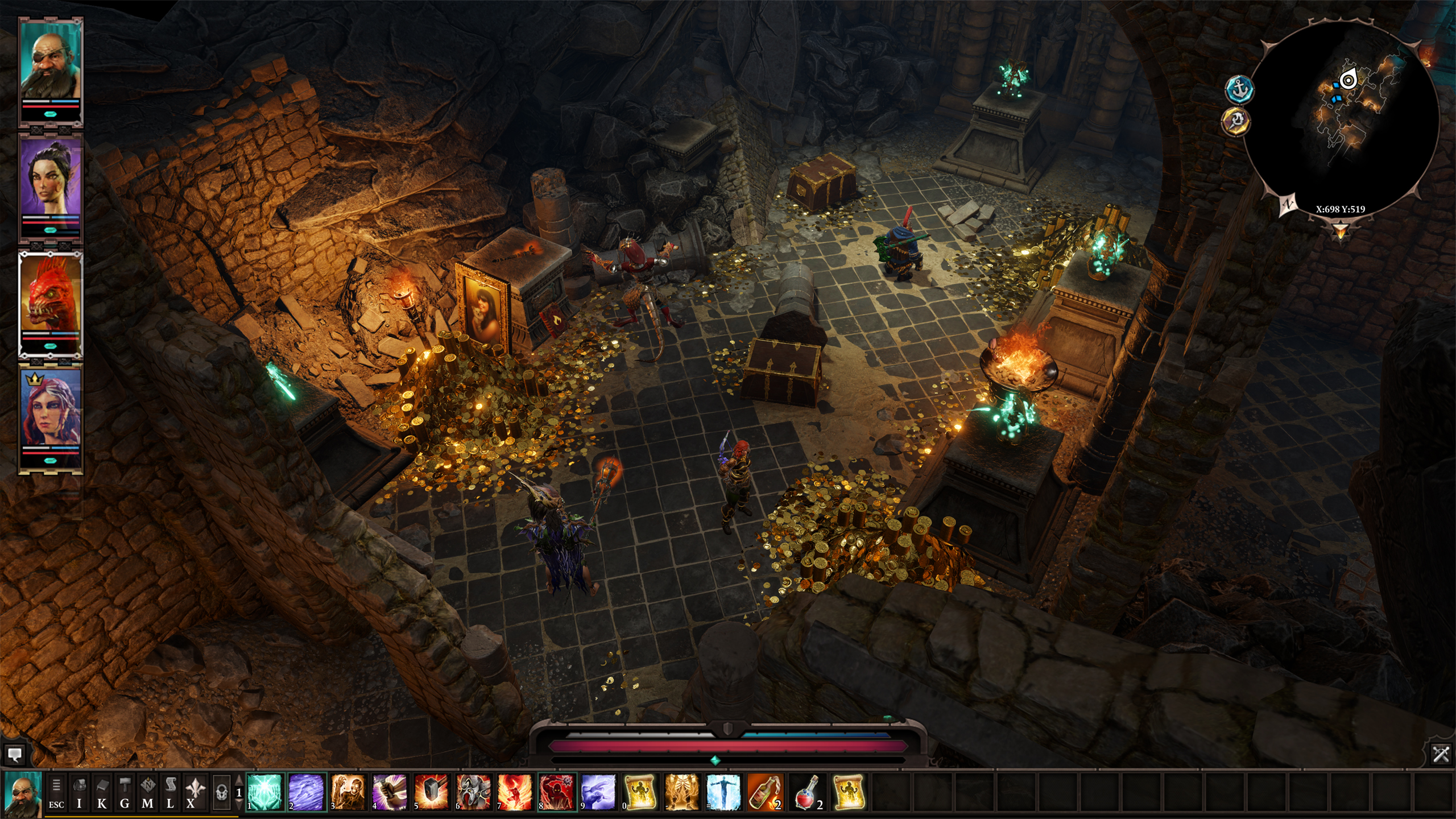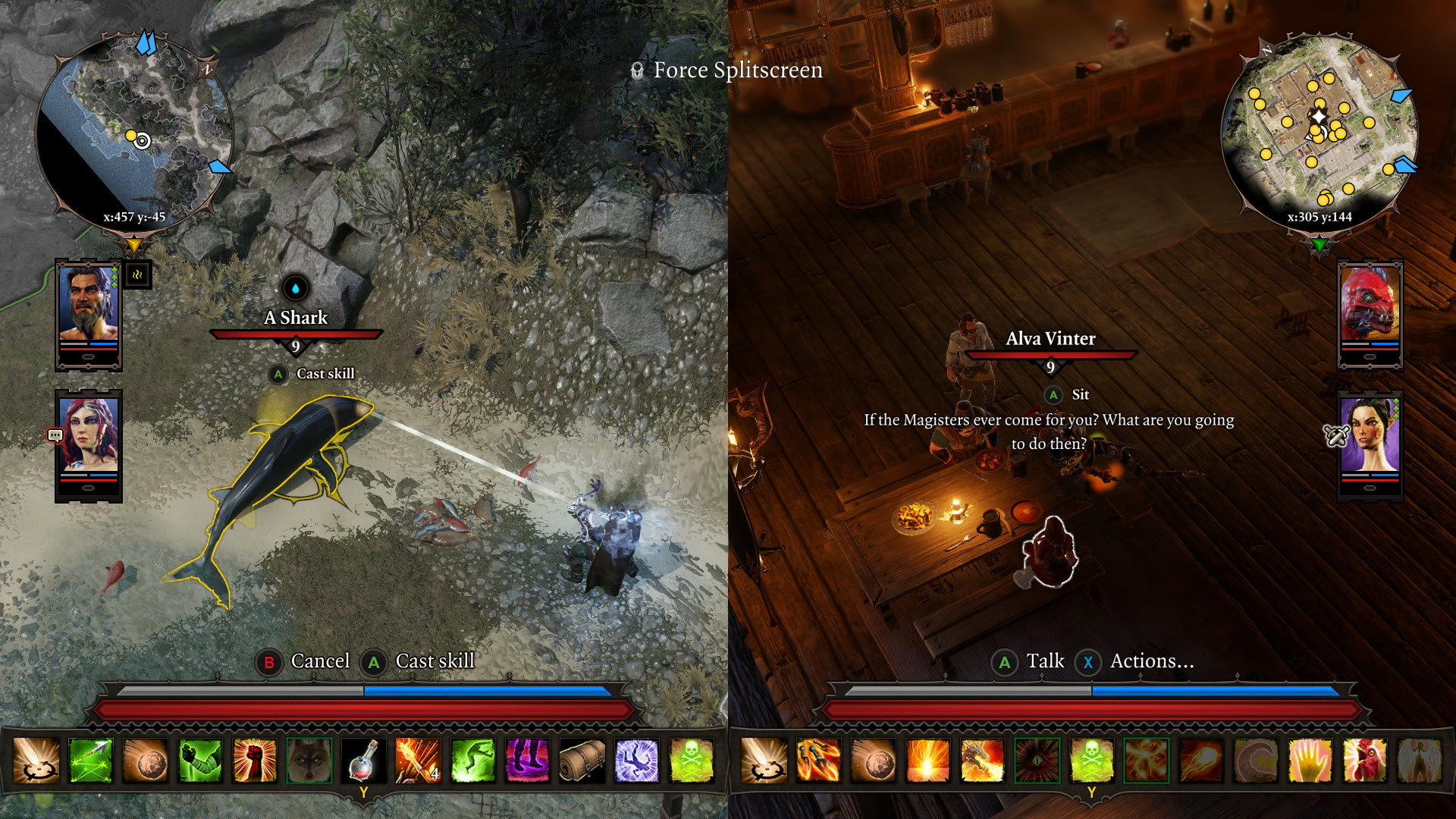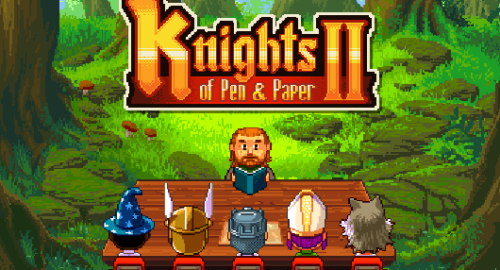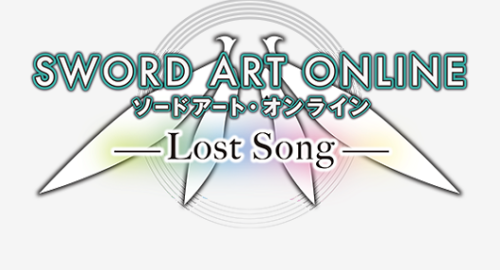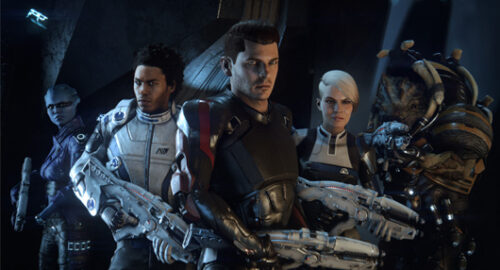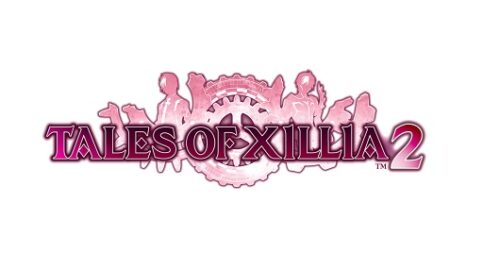Divinity: Original Sin 2 is everything fans could have wanted from a sequel and more. So much more that at times it’s almost too much. The game is so full of possibilities and encourages so much experimentation that it sometimes feels like the game is daring you to find ways to break the system. It’s a game that asks players to get a lost in its wonderful, expansive world, and once you are leaves you wondering if you have, in fact, become truly lost. Divinity: Original Sin 2 is the best isometric RPG of this generation but what makes it so great is also where it stumbles the most.
• Developer: Larian Studios
• Publisher: Larian Studios
• Reviewed on: PC
• Also Available On: TBA
• Release Date: Available Now
The campaign in Divinity: Original Sin 2 takes place long after the events of the first game. There are more than a few nods to the events of Divinity: Original Sin 1 but players don’t need to have played the first game in order to enjoy Divinity: Original Sin 2.
Players begin their adventure on-board a ship on its way to a prison colony called Fort Joy. The realm of Rivellon is in the midst of a brutal crack down on sorcerers, those who can wield The Source, which is why you find yourself a prisoner on the ship, wearing a power dampening collar. The story in Divinity: Original Sin 2 starts as a tale about persecution but slowly grows into one of vast political intrigue, religious strife, and ultimately becomes an epic adventure that involves the gods themselves and the fate of the entire world. It’s well written and well paced, with a host of memorable characters and the kind of deep world building that keeps players invested from start to finish.
The realm of Rivellon feels vibrant and alive. At times sunny and cheerful, with delightfully lighthearted moments, but also deeply disturbing and dark, unafraid of having players face things that can only be described as nightmare fuel. One minute you are talking to a happy bear about honey and the next you are running for your life from a giant spider that wants to feed you to its babies. The balance between those two, the light and the dark, is spot on. The story-lines are wonderful and interesting, with tons of variety. Side quests don’t feel like filler content which is a big plus for a game as large and full of things to do as Divinity: Original Sin 2 is.
The prison ship is where you will first meet the games six “Origin” companion characters. Each one with their own lush backstories, motivations and quests. Picking which Origin characters to roll with can be pretty hard. They are all interesting. Beast the dwarf is a sea captain who rebelled against the monarchy…and failed. Fane the undead Eternal woke up to a world that has forgotten his kind. The human Ifan was at one time a loyal soldier but after witnessing the atrocities of the last war has found himself at odds with the forces he once served. Lohse the human musician battles a dark entity within her own mind. The lizard Red Prince, who was once a ruler, now finds himself an exile after being caught cavorting with demons. Lastly we have Sebille, the elven assassin who was forced to kill innocents by her slave master up until the day she escaped. When you add any of the Origin characters to your party you’ll be able to customize their class, skills, talents and attributes however you like.
While players are able to create their own custom character with a unique name, you are able to play as one of the six Origin characters. Playing as an Origin character allows players to experience a much deeper story than if you play as a completely custom character. NPC’s will directly address you by name, acknowledge your backstory and guide your quests in a way that feels much more engrossing than if you simply get the canned responses allotted to completely custom characters.
You’ll be able to travel with up to three other characters in your party at any given time. The option to play as a lone character does exist and even though you can customize each Origin character you will eventually be able to create your own completely custom companion characters to travel with if you don’t want to roll with the Origin companion characters at all. If you do want to play with Origin companion characters in your party it is important to pick the the ones you like best before Act 2 as the rest will become unavailable to you in the mid to late game.
Divinity: Original Sin 2 is one of the best looking isometric RPG’s ever made. Each of the games four major areas are exquisitely detailed and beautiful in their own unique way. Characters have subtle animations and visual flourishes that really make them stand out. The colour pallet is vibrant, gorgeous and bright with striking blue, green, red and yellow colours. The game does makes sure to contrast that with deep blacks, subtle grays and dark reds when fighting in the darker, more evil infested areas. Everything is visually interesting.
The soundtrack is wonderful. Joyous and fun one moment, tense and foreboding the next. None of the music feels repetitive or overstays its welcome. The sinister transition music that rings out when you enter truly dangerous areas still makes a shiver run up my spine every time I hear it. The fact that every line of dialogue in the game is voice acted is impressive and almost always of impeccable quality. It really helps sells the games more emotional moments.
The turn based combat in Divinity: Original Sin 2 is all about interconnected systems. Fire ignites poison clouds or oil slicks. Rain puts out fire while ice can trip up enemies and allies alike. Necromancy can raise the dead or curse the living but can be countered by healing magic. Everything has a counterpoint of some type and a well coordinated exchange can take advantage of any number of systems to powerful effect. Unlike D&D games where your characters live or die by a lucky or unlucky roll of the dice, Divinity: Original Sin 2 does not make players worship at the alter of the RNG (random number generation) gods quite so much.
Your characters will have three main stat bars to worry about; health, physical armour and magical armour. If an ability is resisted by magical armour for example, and you have enough magical armour to resist it, there is no chance of it affecting you. But if you have no magical armour than it almost definitely will affect you. There is no guessing involved. Best of all this almost always applies to the enemies in the game too. Many D&D and other RPG’s have bosses and major enemies that are somehow immune to your most devastating spells. In Divinity: Original Sin 2 they play by the same rules as you. Meaning a big boss with no psychical armour can be targeted by abilities that are resisted by physical armour with absolute confidence they will land. There is a bit of RNG when it comes to dodging and the like but for the most part the difficulty in Divinity: Original Sin 2 stems from knowing the best abilities to use and not worrying whether or not those abilities will actually land. You do have to take into account the innate traits you and your foes have though. For example the undead are healed by poison, some creatures have immunities to certain damage types like fire and others cannot be knocked down. It’s important to inspect an enemy before you attack. Landing an attack won’t mean much if does not do anything.
The longer you play the more complex the combat interactions. By the time you reach the mid to late game the list of abilities and spells at your disposal is vast. Even though each character chooses a class at the beginning of the game you can place points into whatever skill trees and abilities you want. The game encourages experimentation and since you can respec as much as you want once you leave the games first area there is nothing to stop you from making a character that is exactly what you want it to be.
The early game leans a bit too heavily on basic elemental exchanges like fire and ice, but eventually you’ll spend just as much time raising the dead, summoning demons, blinding your foes or charming people as you will tossing fireballs and ice shards. Because you have so many options when it comes to combat a lot of players have found ways to cheese the system. Some interactions were things the developers intended, but others are clearly breaking the game in ways they never considered. Patches post launch have addressed some of these issues, such as inflicting bleeding damage on an enemy and then transforming them into a chicken that runs itself to death. Or infinite damage loops that result from the interplay between buffs and attacks. That said the game encourages players to find innovative ways to tackle major obstacles. My personal favourite tactic it using teleport to push a tough enemy into the path of another powerful NPC and watch them tear each other to pieces.
Even with the ability to cheese the system at times and the plethora of options at your disposal, playing Divinity: Original Sin 2 on anything above Explorer difficulty can be really, really tough. Especially your first 10 hours with the game as you learn the intricacies of its many systems and options. The AI is smart and deadly and will throw every trick in the book at you. I restarted my campaign a half dozen times and invested almost 20 hours before I found a party composition and set of builds I felt complemented the way I wanted to play the game.
The game features a robust crafting system. Dozens of spells, potions, meals, enchantments and items can be crafted. You can learn recipes from books or experiment on your own to learn new ones. Can’t afford to buy a spell from a vendor? You may be able to combine some of your scrolls into books that will allow you to learn it. Tired of slipping on ice? Add some nails to the bottom of your boots to add cleats. The one area where crafting falls short is weapons and armour. Except for a handful of unique powerful pieces of gear, crafting weapons and armour has little value other than being an easy way to make a few extra bucks from vendors selling low tier items you made from items you picked up in your travels. Which is not that big of a deal as the game is full of powerful weapons and armour you can acquire, but it is a bit disappointing I can’t combine some of the crazier magical items you can find and craft them into powerful gear. You can add elemental effects to existing weapons and things like that but don’t expect to craft the most powerful weapons and armour in the game yourself.
Freedom and experimentation is at the very heart of what makes Divinity: Original Sin 2 so amazing. It applies not only to combat but how you tackle the games many quests and challenges. Almost everything has multiple avenues of approach and a myriad of solutions. Talk to animals for clues to puzzles, eat pieces of the dead to gain abilities or insight, steal an item rather than pay for it or sneak past enemies you’d rather avoid. The games main story quests give you a direction to aim yourself at but how you get there is completely up to you.
However this is also where Divinity: Original Sin 2‘s biggest problem rears its head. The game is terrible at informing you if you are on the right track in completing certain quest lines and is often vague, to the point of maddening frustration, when it comes to giving you any sort of hint when it comes to what you should do next. On the one hand it is nice that the game does not hold your hand as if you were a child who never played an RPG before, but on the other it would be nice to know why a quest that seems to be over isn’t. Sometimes you are not sure if you just missed something or if the quest line is just bugged because you approached it in a way the developers never expected or tested for.
This issue becomes more apparent the further along you get in the game. Act 1 is relatively aggravation free when it comes following quest lines or encountering bugs. But by the end of Act 2 you’ll likely pull your hair out over at least a few quests or nonsensical bugs. The game has been out a month now and I’m still locked out of a handful of quest the developers have acknowledged are broken because of the way I triggered them. That’s why this review is only coming out now. I was able to get past the major bugs that were in my way but a bunch still remain. The very thing that makes Divinity: Original Sin 2 so amazing is the same thing that has caused issues with progressing further down quest lines or receiving rewards.
It’s by no means a game breaker and given the immense size of Divinity: Original Sin 2 and the sheer scope of what you can choose to do its amazing the game does not have more issues. The quest log definitely needs an overhaul and there are several major bugs that still need addressing but Larian Studios has already dropped a few hotfixes and one very large patch to address players concerns. Given the wonderful support Divinity: Original Sin 1 received I have no doubt that Divinity: Original Sin 2‘s remaining blemishes will be ironed out before too long.
One of the most amazing features that sets Divinity: Original Sin 2 apart from its peers is its fully featured support for drop-in drop-out four player co-op. There is also a PvP Arena mode if you want to fight your friends. The game even supports split screen! There is support for multiple controller/gamepad types, including on screen indicators for Xbox or PS controllers. I’ve played almost 40 hours using only a PS4 controller without any problems. Though I will say inventory management using a controller is a bit of pain that could use a few quality of life tweaks but is otherwise very accommodating and easy to use.
Game Master mode allows players to craft their own campaign for players to experience. It’s way, way beyond the kind of drag and drop, half assed offerings other games in the genre have given players over the years. You create the locations, narration, script and more. Create your own unique skills and loot. Take command of an NPC in the game and help, trick or attack players. Add dice rolls and skill checks. Create items, encounters and all sorts of things on the fly. It’s the best fantasy RPG game maker I’ve ever seen. It has a few issues with crashing depending on what your are doing and connectivity problems have popped up for some people but it definitely works and will only get better as time goes on.
Best of all it takes full advantage of the fact Divinity: Original Sin 2 fully supports Steam Workshop mods. Meaning you can create content or use content created by other players to make your own campaign exactly the way you want. Mods will turn off achievements when playing the core Divinity: Original Sin 2 campaign but that is not uncommon and makes sense since many of the mods would unarguably be considered game breaking.
Divinity: Original Sin 2 is the best RPG in over a decade. It tells an incredible story, with wonderful characters, in a beautifully realized world. The combat is tough but rewarding. It has a feature set that puts its higher budgeted peers to shame. I never thought I’d ever see four player co-op in a game like this. Let alone one that supported split screen on PC. Game Master mode is incredible and may very well gives this game legs for many years to come. Especially when you factor in mod support. Divinity: Original Sin 2 is one of the best games I have ever had the pleasure of reviewing. Its one major flaw is that its insistence that you experiment and tackle things in unique ways also causes it to buckle under its own brilliance. I’d love a better quest log and some bug fixes. Things that I have already read the developers are working on. Maybe Divinity: Original Sin 2 will get an enhanced edition in a years time like the last game did but even if it doesn’t I have no doubt the few rough spots left in Larian Studios‘ masterpiece will fall by the wayside very soon and players will be left with one of the most memorable RPG’s of all time.
